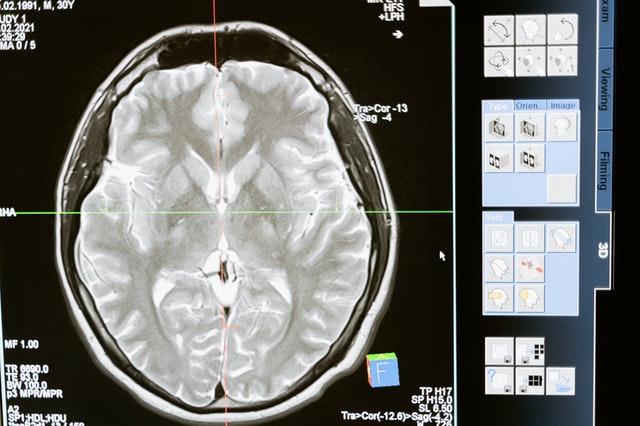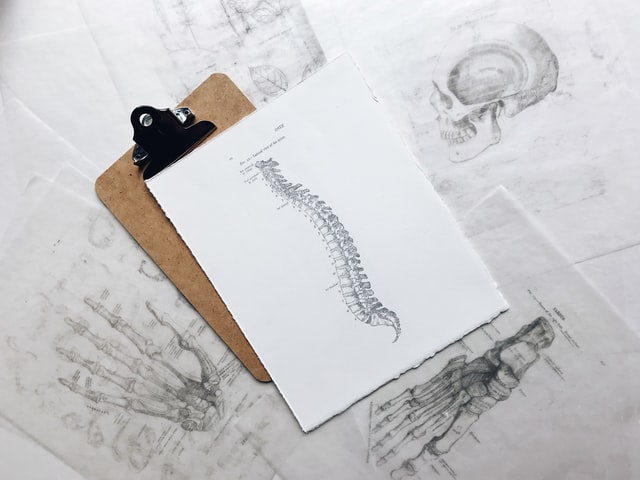Spinal cord lesions are more commonly seen in progressive forms of multiple sclerosis, and they can result in an increased risk of disability.
Nearly everyone with multiple sclerosis (MS) has signs of lesions in the brain, as shown by magnetic resonance imaging (MRI) scans, according to Anthony Reder, MD, a multiple sclerosis specialist and professor of neurology at the University of Chicago.
But the brain isn’t the only area where lesions can develop — MS can also attack the spinal cord. Because finding these lesions involves more elaborate imaging tests, spinal cord lesions in MS are studied less often, and many people with MS aren’t aware of the role these lesions may play in the disease process.
Researchers, too, have knowledge gaps about this feature of the disease, but one thing that seems clear is that filling these gaps may lead to a better understanding of progressive forms of multiple sclerosis.
How MS Lesions Form
Spinal cord lesions in MS “probably” form through the same mechanisms as those in the brain, says Dr. Reder.
“For some unknown reason, white blood cells escape from the bloodstream, go through the blood–brain barrier, and get into the brain tissue,” he explains. These cells cause inflammation of the brain and spinal cord — mostly in the white matter — but also the gray matter.
According to Reder, toxic chemicals produced by these cells strip the myelin insulation off the connections between nerves. The resulting lesions tend to affect multiple nerves and tend to be to 2 centimetres in length or diameter.

Scientists don’t know exactly why certain people with MS have more lesions in their brain or spinal cord. What they do know, says Reder, is that spinal cord lesions “are more common in the more progressive forms of MS” than in other forms of MS. And in cases with spinal cord damage, there are sometimes actually fewer brain lesions, he adds.
Don’t miss these real-life tips from hundreds of people who have MS. Go to Tippi MS and learn more.
How Spinal Cord Lesions Are Related to MS Symptoms
However, a study published in the Journal of Neuroimaging found that among several different areas of the brain and spinal cord that were imaged using MRI, only in the very top area of the spinal cord — near the second and third cervical vertebrae — was atrophy (caused by lesions) significantly associated with a greater level of self-reported disability. Even so, no specific areas of atrophy or lesions were associated with better or worse performance on a timed 25-foot walking test.
Developing Potential Therapies for MS
In 2017, the U.S. Food and Drug Administration (FDA) approved Ocrevus (ocrelizumab) to treat adults who have relapsing forms of multiple sclerosis and primary progressive multiple sclerosis (PPMS). It was the first drug approved by the FDA for PPMS. “[Ocrevus] had the most effect in the first several months, but the modest benefit persisted over time,” explains Reder.
But Reder says it remains to be seen whether any therapy can help slow or halt the accumulating spinal cord lesions that affect some people with progressive MS and that are very difficult to treat.
“Any therapy that has prolonged effects on slowing of progression in MS,” he says, “would be a big breakthrough.”
Source: EverydayHealth.com

